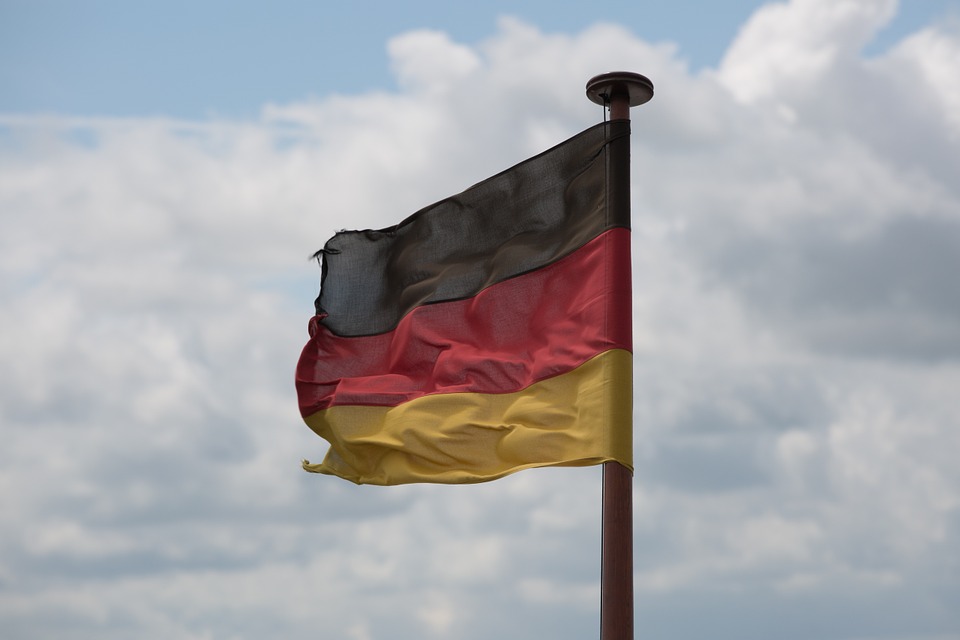La Française: The end of the Merkel era and what next?

By François Rimeu, Senior Strategist, La Française AM
The German federal election will take place at the end of the week (September 26th) and will mark the end of the Merkel era. With less than a week before the election, the latest opinion polls suggest that the Social Democratic Party (SPD) will receive about 25-26% of votes, the Christian Democratic Union (CDU) /Christian Social Union (CSU) about 21-22%, the Greens about 16%, the Free Democratic Party (FDP) and Alternative for Germany (AFD) roughly 11% each and the Left about 6-7%.
As a result, the next government almost certainly will be a three-party coalition, with the most probable outcome being (assuming that the CDU/CSU would not accept to be part of a coalition led by the SPD and knowing that the SPD would not be favourable to a cooperation either):
- SPD, Greens and FDP coalition (Traffic Light), with Olaf Scholz as chancellor
- SPD, Greens and Left coalition (Red-Red-Green), with Olaf Scholz as chancellor
- CDU/CSU, Greens and FDP coalition (Jamaica), with Armin Laschet as chancellor
With more than 50% of votes already in and still a significant number of “undecided” votes, the German federal election outcome remains highly uncertain but, looking at the current situation, it seems clear that the Greens will be the second biggest party in the next government no matter what the outcome is.
What are the implications of the various scenarios on financial markets?
In the « Jamaica » case, we expect almost no change. It would be disappointing for European integration (and therefore for peripheral spreads) to have a coalition led by the CSU/CDU without the « crisis leadership » of Angela Merkel.
In the « Traffic Light » scenario, we expect slightly higher German yields and narrower peripheral spreads, at least over the short term. This coalition could lead to more European integration than before but also a more relaxed fiscal stance (Greens) and some pro-business policies (FDP).
The Red-Red-Green alliance might not appear to be the most likely but Greens could refuse to form a coalition with the FDP so it cannot be ruled out. This is the scenario with the most important potential impact on financial markets. German yields could climb higher and peripheral spreads could narrow again, and more significantly. It could also be positive for the €uro currency, again because of the pro-integration stance of such a coalition (less break-up risk).
But if we forget for one minute the consequences on European rates, the most important outcome of the German federal election is that the Greens are present in every coalition and will therefore play a very significant role in the future government, which could have several consequences.
The Greens are more likely to take an opposing stance to Russia and China.
For example, the Greens are against the controversial Nord Stream 2 pipeline that will run from Russia through the Baltic Sea and which Merkel's government is still defending. They have openly shown support for opposition groups in Russia, China, and Belarus. In the context of rapidly rising energy prices in Europe and « Deglobalization », this political stance could lead to renewed tension on Gas prices over the medium term with positive consequences on inflation. They might also push the EU to become more assertive with countries such as Hungary or Poland on justice independence, gender equality or on any European « Rule Of Law ». In a similar manner, they might take a hard line with China on Human rights.
They could also push hard for large investments in renewable energies, much needed considering that Germany relies heavily on fossil fuels. They have mentioned that they want to ensure a transition to a zero-emissions economy with 100% renewable energy by 2035. They also target E-cars to replace combustion cars by 2030.
All of these policies are positive for growth, positive for inflation but will necessitate both heavy investments and a very loose fiscal policy.
The last point to underline and perhaps the most important question for the months to come: How will the next German federal government be able to adopt very loose policies (more spending, more budget deficit) given the current stance of the SPD, FDP and CSU/CDU on constitutional limits? They could avoid amending Germany’s constitution through technical steps such as changing the formula used to calculate the countercyclical buffer or frontloading the disbursements of special fund reserves. However, at some point, they will need to seriously challenge the German « debt brake ». This discussion might prove to be very important for the future of Europe.









